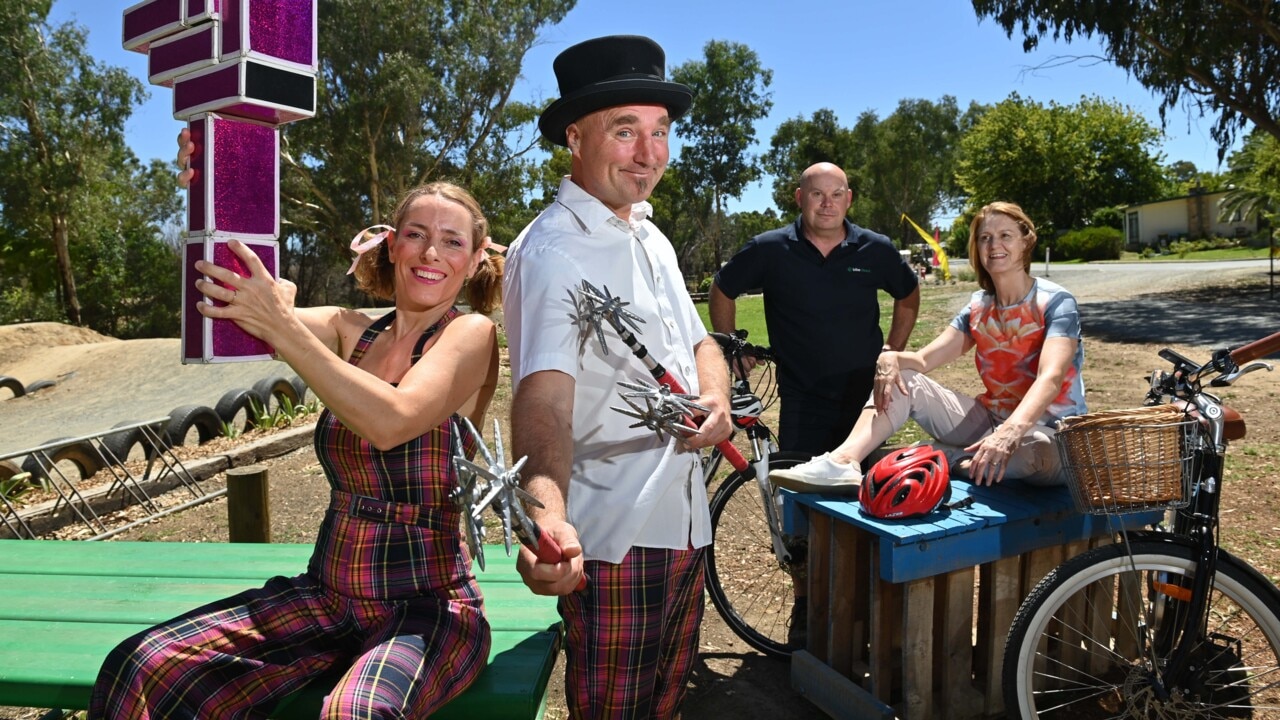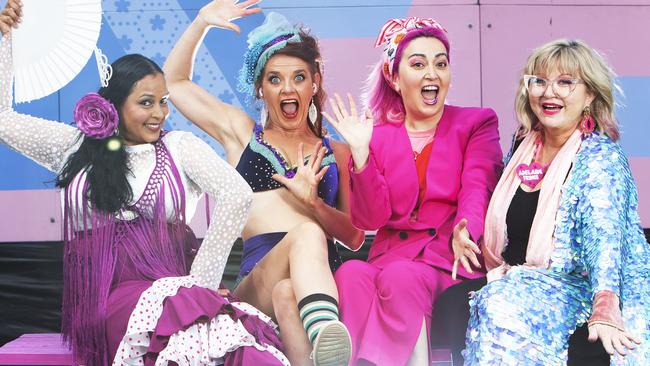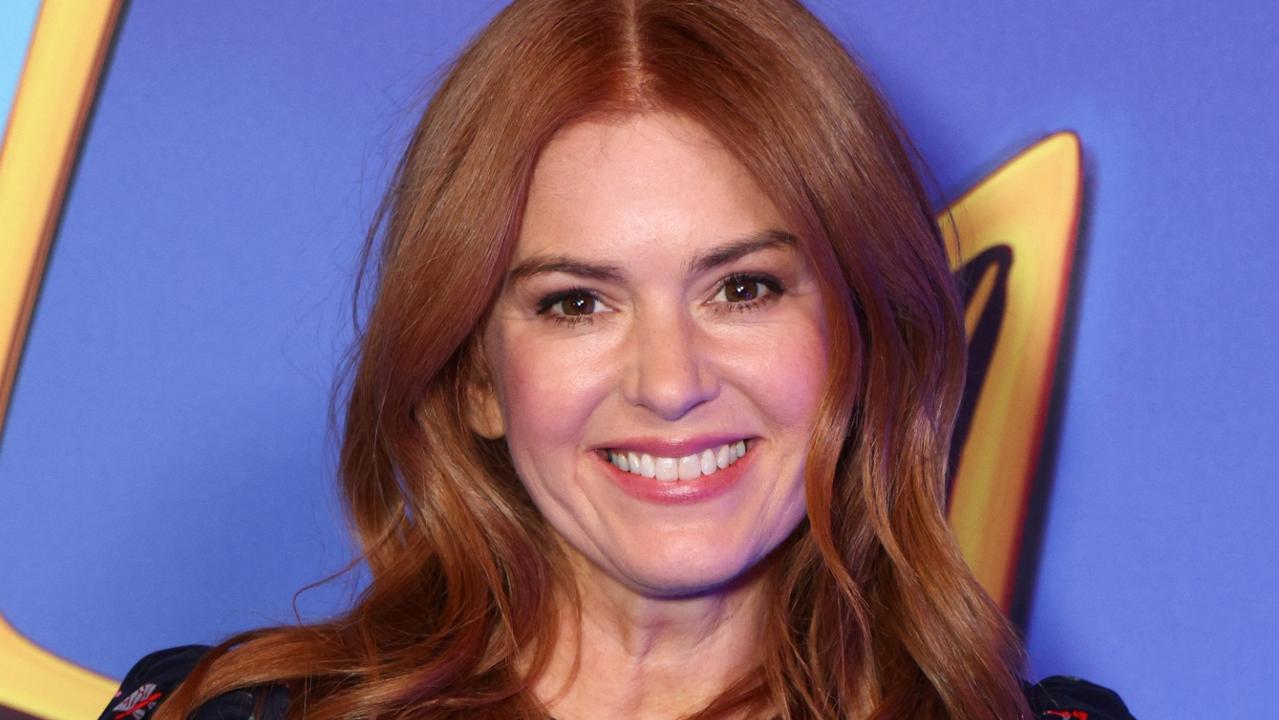Feel-good Adelaide Fringe delivers economic, social and mental health benefits
The pandemic forced it into a more local form but a new survey says this year’s Fringe made a world of difference in a way SA sorely needed.

Entertainment
Don't miss out on the headlines from Entertainment. Followed categories will be added to My News.
A smaller, mostly local program did not prevent the Adelaide Fringe from delivering a $56.4m benefit to the state this year – but the positive side effects weren’t only economic.
Fringe director Heather Croall said an audience survey also showed 97 per cent of attendees felt the Fringe had a positive impact on their mental health, while 96 per cent said it increased their social connectivity.
“Audiences craved … the opportunity to reconnect with art and people once again; it really did impact people’s mental health on a positive level,” Ms Croall said.
The Fringe, which featured more than 900 acts and events over 31 nights in February and March, generated $31.6m in new spending, with box office revenue of $16.4m.

“To deliver the only festival of this scale in the world in such an unpredictable climate was incredible,” Ms Croall said.
“On average we sold 20,000 tickets each day and, including free activities, averaged more than 80,000 people out each night.”
Of the 632,667 tickets sold, 73,710 tickets were purchased by 26,649 tourists to SA, which resulted in 85,337 visitor bed nights.
It was also the Fringe’s most diverse year, with 9.7 per cent of shows having First Nation themes and involvement, and 7 per cent of artists having experienced disability.
Ms Croall said that with the cancellation of many overseas events during the pandemic, Adelaide Fringe became the largest arts festival in the world this year.
“We delivered $33m in total social benefit to South Australians and 4431 peak direct and indirect jobs were created as a result of Adelaide Fringe,” Ms Croall said.



